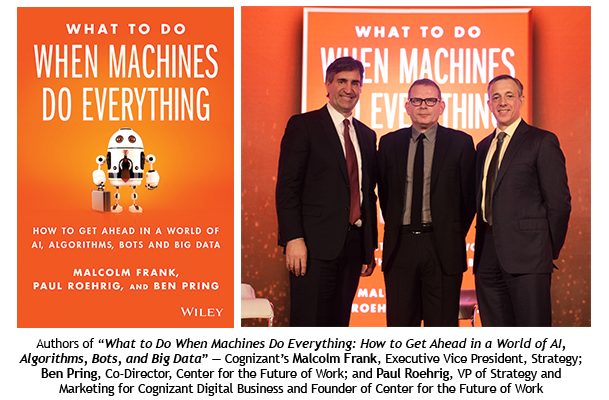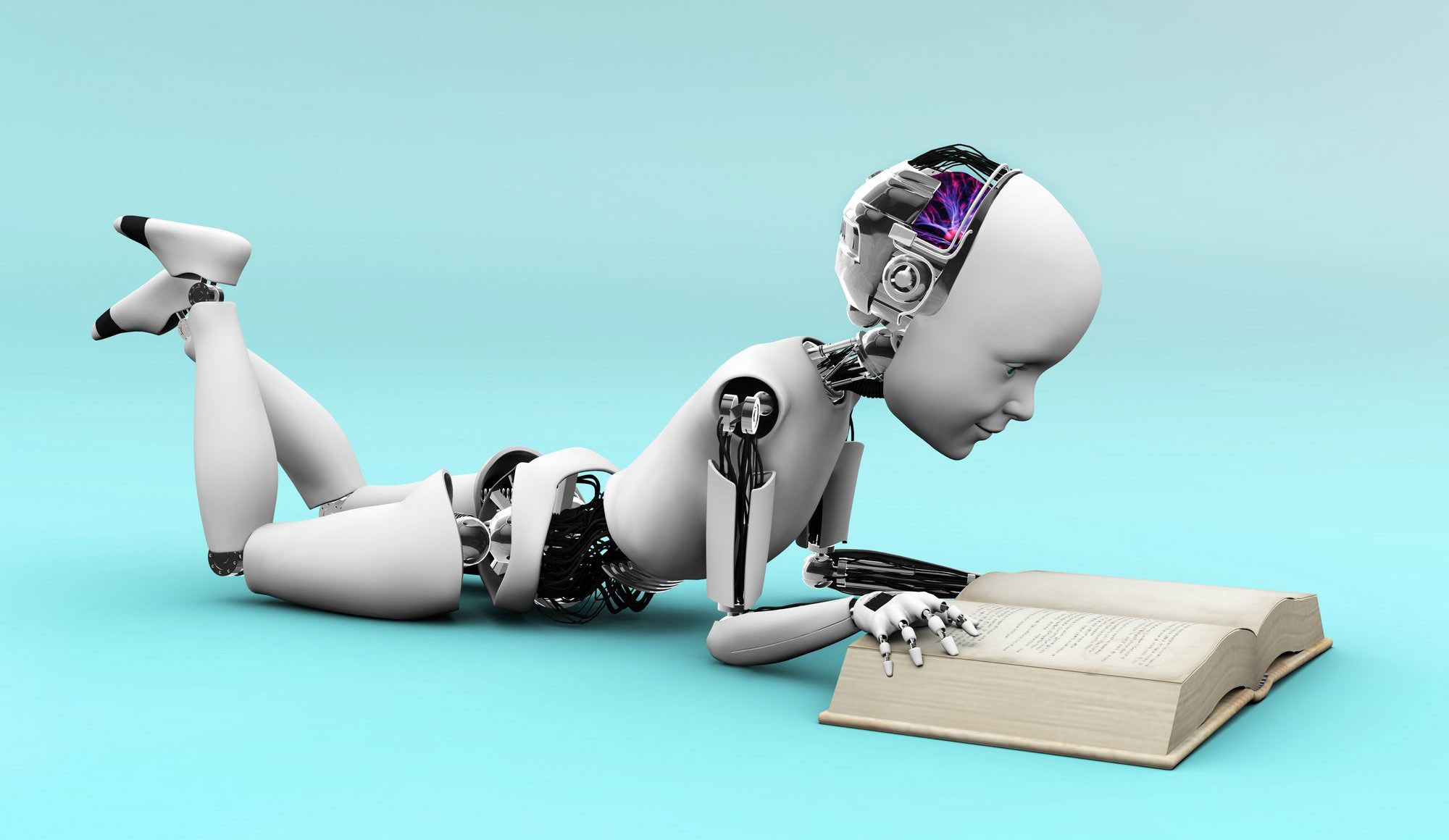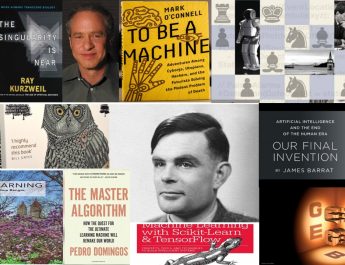What to Do When Machines Do Everything is a guidebook to succeeding in the next generation of the digital economy. When systems running on artificial intelligence can drive our cars, diagnose medical patients, and manage our finances more effectively than humans, it raises profound questions on the future of work and how companies compete.
Illustrated with real-world cases, data, and insight, the authors provide clear strategic guidance and actionable steps to help you and your organization move ahead in a world where exponentially developing new technologies are changing how value is created.
Written by a team of business and technology expert practitioners – who also authored Code Halos: How the Digital Lives of People, Things, and Organizations are Changing the Rules of Business – this book provides a clear path to the future of your work.
The first part of the book examines the once in a generation upheaval most every organization will soon face as systems of intelligence go mainstream. The authors argue that contrary to the doom and gloom that surrounds much of IT and business at the moment, we are in fact on the cusp of the biggest wave of opportunity creation since the Industrial Revolution. Next, the authors detail a clear-cut business model to help leaders take part in this coming boom. The AHEAD model outlines five strategic initiatives – Automate, Halos, Enhance, Abundance, and Discovery – that are central to competing in the next phase of global business by driving new levels of efficiency, customer intimacy and innovation.
Business leaders today have two options: be swallowed up by the ongoing technological evolution, or ride the crest of the wave to new profits and better business. This book shows you how to avoid your own extinction event, and will help you:
- Understand the untold full extent of technology’s impact on the way we work and live
- Find out where we’re headed, and how soon the future will arrive
- Leverage the new emerging paradigm into a sustainable business advantage
- Adopt a strategic model for winning in the new economy
The digital world is already transforming how we work, live, and shop, how we are governed and entertained, and how we manage our money, health, security, and relationships. Don’t let your business – or your career – get left behind. What to Do When Machines Do Everything is your strategic roadmap to a future full of possibility and success. Or peril.
MALCOLM FRANK is the executive vice president of strategy and marketing at Cognizant, a global technology consultancy of over 250,000 employees.
PAUL ROEHRIG is vice president of strategy and marketing for Cognizant Digital Business and a founder of the Center for the Future of Work.
BEN PRING leads Cognizant’s Center for the Future of Work, which helps clients bring the future of work to life—today.

Bruce Rogers from FORBES interviewed with Malcolm Frank and Paul Roehrig, two of the three authors of What to Do When Machines Do Everything, published by Wiley. Malcolm Frank is the Executive Vice President of Strategy and Chief Marketing, Cognizant. Paul Roehrig is Chief Strategy Officer for Cognizant’s Digital Business. Ben Pring is the Global Managing Director of Cognizant’s Center for the Future of Work.
Bruce Rogers: What has changed since you wrote Code Halos and why the need for the new book What To Do When Machines Do Everything: How To Get Ahead In A World Of AI, Algorithms, Bots and Big Data?
Malcolm Frank: In Code Halos, we looked at why some digital businesses like the FAANG companies (Facebook, Apple Amazon, Netflix, Google) were succeeding and others weren’t. We kept probing again and found that every one of those businesses that was a digital leader has now turned into an AI (artificial intelligence) company. And so, if you talk to the CEOs of all those firms, whether it’s Sundar Pichai at Google or Zuckerberg at Facebook or Hastings at Netflix or even what we’re seeing with what Satya Nadella is doing at Microsoft and Marc Benioff at Salesforce-every one of them is saying that AI is now at the center of their business and is the future of their company. So, we started to see that digital leaders that started with these business models and Code Halos are turbocharging that lead with artificial intelligence. And that was the start of things.
Paul Roehrig: There’s a lot of thoughtful things that people are writing about AI. But the one thing that we were missing was that it doesn’t have to be terrible. Not everybody is going to be impacted in a happy way. But if we’re clever and if you follow the guidance in the book, things can be great for you personally and for your companies. So we wanted to say, “What does all this mean to somebody who has to make important business decisions over the next two, three, four, five, years? What should they know that they don’t already know? And how can we help them?” And that was what the book is about.
Rogers: What is the state of AI in business today?
Frank: The idea has been around for 60 years now. But now the technology has caught up with the idea. A year ago, when AlphaGo passed the capability of the current Go world champion, it was a big moment. There are more possible moves in Go than there are atoms in the universe. It’s probably the most complex game of intellect, and human beings have been doing this for two and a half thousand years — the Google team with machine learning essentially reversed engineered and cracked the code on the game in about 18 months.
What to Do When Machines Do Everything: How to Get Ahead in a World of AI, Big Data, Algorithms, Bots and Big Data by Malcolm Frank, Paul Roehrig, and Ben Pring is an insightful playbook for surviving in a world changing faster than ever due to the power of robots and machine learning.
For marketers it offers deep insights of where we are headed, not in terms of marketing, but rather in terms of markets. The authors are convinced that the world is moving into a new economic era, one that will “change the very nature of work and the basis of competition in every industry.” The book describes our brave new age of “machines that seem to think” as “systems of intelligence” – where the new machines are always on, always learning, and constantly thinking.
Jenny Cheung is a freelance marketer and project manager based in Texas.
http://www.marketingjournal.org/




